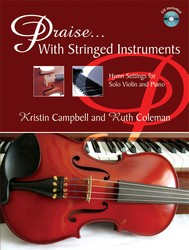The Cyber Hymnal #11908
Display Title: The Ruler's Daughter First Line: Could the creatures help or ease us Tune Title: EBENEZER Author: John Newton Meter: 87.87 D Source: Olney Hymns (London, W. Oliver, 1779), Book 1
The Cyber Hymnal #11908


 My Starred Hymns
My Starred Hymns








